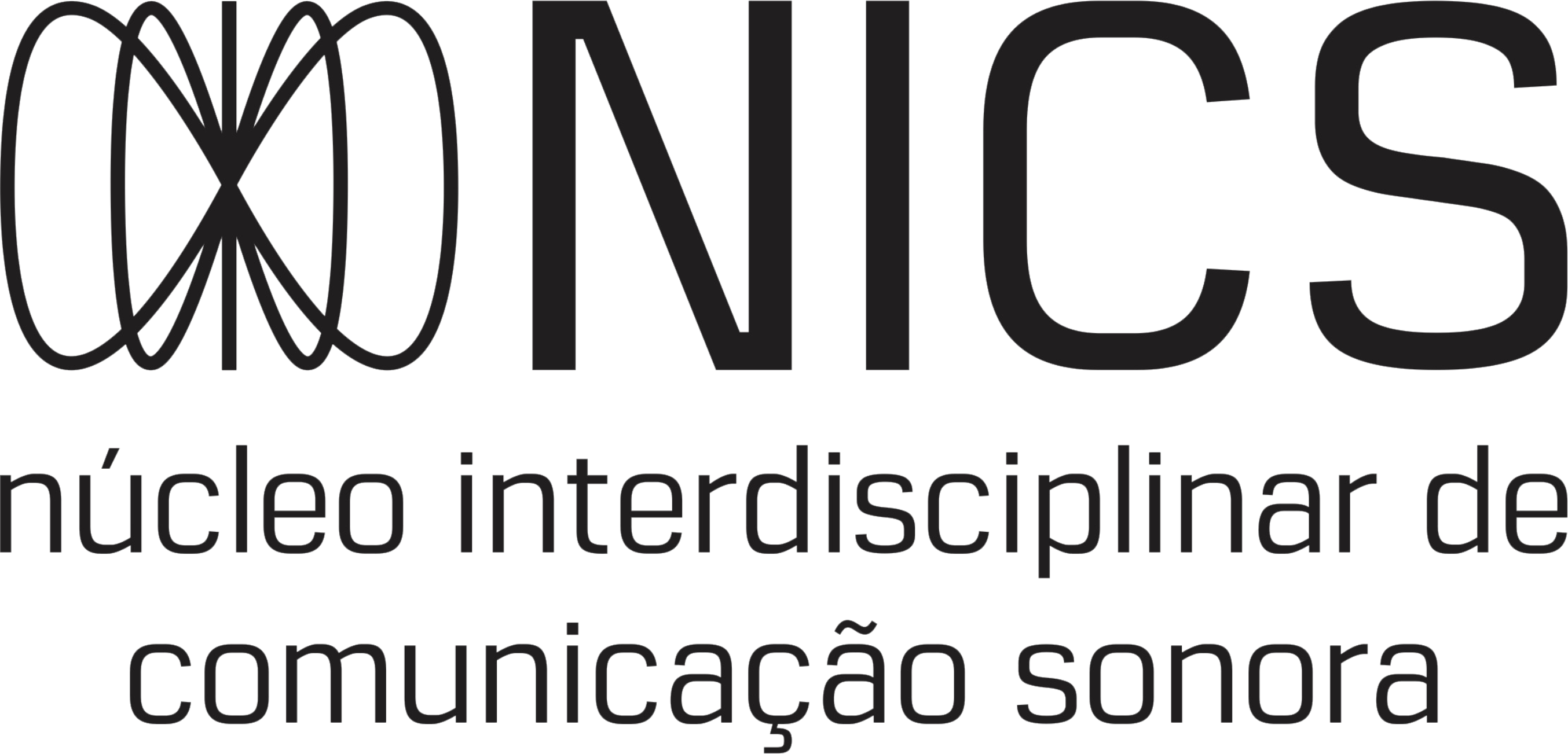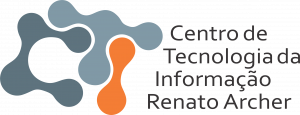Workshop Submissions
Note: this page is a summary, please check the WS websites for more info
Workshop on Information Theory and Computational Creativity
Website: https://cs.uwaterloo.ca/~browndg/CC_IT_workshop/index.shtml
Description: Several key methods from theoretical computer science—such as algorithmic information theory, computational learning theory, and other formal modeling techniques—are highly relevant to computational creativity. Information-theoretic approaches, for example, can aid in evaluating quality, novelty, and typicality, and can complement human studies or AI-based creativity judges. Though inherently interdisciplinary, this line of research presents unique methodological challenges, distinct from applied, philosophical, or sociological CC work. By abstracting away from real-world aspects like embodiment, formal approaches can uncover theoretical insights otherwise inaccessible due to practical constraints such as space, runtime, or data limitations. This half-day workshop offers a focused space to discuss these theoretical perspectives and the broader CS theory / CC connection. Our aim is to highlight the value of formal methods and foster collaborations that strengthen the role of theory in CC.
Organisers:
Dan Brown, University of Waterloo (Canada)
LuĂs EspĂrito Santo, University of Coimbra (Portugal) / Vrije Universiteit Brussel (Belgium)
Kaz Grace, University of Sidney (Australia)
Computational Design and Computer-aided Creativity
Hybrid Workshop @ICCC’25
Website: https://computationalcreativity.net/workshops/computational-design-iccc25/
Description: Computational Design focuses on exploring systematic and algorithmic processes that use computing in the conception of design artefacts, allowing the designer to go beyond the limitations of computer-aided design software tools (i.e., conventional computerized design). This workshop provides the opportunity to present, discuss and promote innovative and ongoing work in Computational Design. We expect contributions coming from Graphic Design and Typography, Sound and Music, Product Design, Architecture and Interior Design, and all other related creative application areas.
Topics: Topics of interest include, but are not limited to: Novel algorithms, methods and tasks; Enhancing and extending existing tools; Integrating theory and practice; Challenges, impact and opportunities.
Types of submissions:
- Papers – submissions with original research work which will be judged on their technical soundness and rigor.
- Pictorials – Original short submissions that emphasize visual communication as the primary means of conveying ideas.
- Show and tell submissions – Extended abstracts based on already published research.
Organisers:
JoĂŁo M. Cunha, University of Coimbra (Portugal)
SĂ©rgio M. Rebelo, University of Coimbra (Portugal)
Janet Rafner, Aarhus University (Denmark)
Jason Reizner, IU International University of Applied Sciences (Germany)
Moritz Schwind, University of Applied Sciences in Nuremberg (Germany)
Stig Møller Hansen, The Danish School of Media and Journalism (Denmark)
Tiago Martins, University of Coimbra (Portugal)
WSRT 2025: 2nd Workshop on Social Reading Technology
Website: https://social.readingwith.ai/wsrt25/
Description: Over the last ten years, there has been an explosion of interest in both social platforms for amateur authors to share their work, and natural language processing technology to assist authors in generating and editing their creative work. This workshop is being organized to promote further discussion and collaboration on the intersection of these topics. The workshop will include contributed presentations and a group participatory-design task.
Organisers:
Gerald Penn, University of Toronto (Canada)
Sajad Shirali-Shahreza, Amirkabir University (Iran)
Ars Combinatoria and Generative Meta-Textuality: From Historical Systems to AI Authorship
Website: TBA
Description: TBA
Organisers:
Artur Matuck, University of SĂŁo Paulo (Brazil)
Jeane Cooper, University of SĂŁo Paulo (Brazil)
Multimodal Creative Improvisation in Mixed Reality
Website: TBA
Description:
The workshop Multimodal Creative Improvisation in Mixed Reality aims to guide the participant toward a more expanded experience of the poetic body through the interaction between movement, sound, and electronic devices. The participant’s body becomes the Sound Body, serving as a creative hub within a communicative and perceptual dialogue. A total of 25 participants will be admitted to the workshop, based on a first-come, first-served selection process conducted on the day of the event.
Dynamics (1 hour each):
- Participants will experience the “sound body” through the relationship between improvised movement and generative sound, facilitated by the MoveGuitar application, developed by Jonatas Manzolli. This activity will involve the use of smartphones and guided movement protocols, oriented by sound.
- Participants will explore the expanded Sound Body using IMU sensors attached to various parts of the body, interacting with distinct sound maps developed by Guilherme Zanchetta. Additionally, the participants’ bodies will be digitally represented through real-time projections using point cloud techniques. The aim of this dynamic is to encourage participants to improvise in dialogue with the devices, generating both sound and visual output, thereby fostering a more immersive and expanded sensory experience.
Topics of interest:
- The body extended through sound and image, and sound embodied through movement
- Interactivity between communicative languages as a dynamic and complex system
- Improvisational play: a dialogue between sound palettes, body movement protocols, and technological devices
- Real-time compositional perception
Organisers:
PhD Daniela Gatti (coordinator), Arts Institute – Unicamp (Brazil) / INETmd Lisboa PTI (Portugal) / NICS
Unicamp (Brazil)
PhD Jonatas Manzolli, CISUC (Portugal) / NICS Unicamp (Brazil)
PhD Diogo Angeli, Arts Institute – Unicamp (Brazil)
Ms Guilherme Zancheta, CTI Renato Archer (Brazil) / NICS Unicamp (Brazil)
Isadora Alonso, PPG Performing Arts – Arts Institute Unicamp (Brazil)
Paco Vasconcelos, PPG Performing Arts – Arts Institute Unicamp (Brazil)



